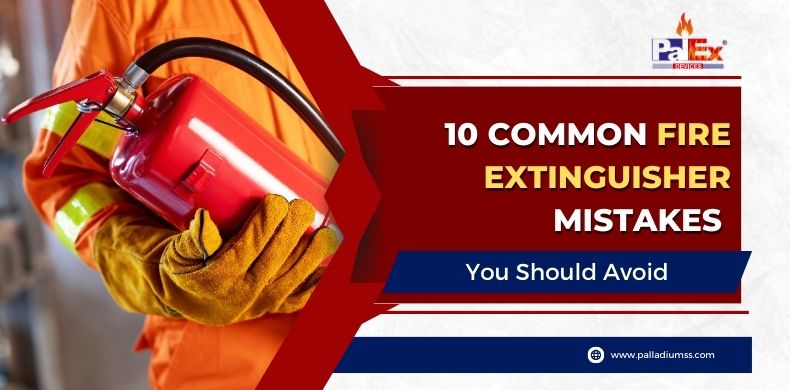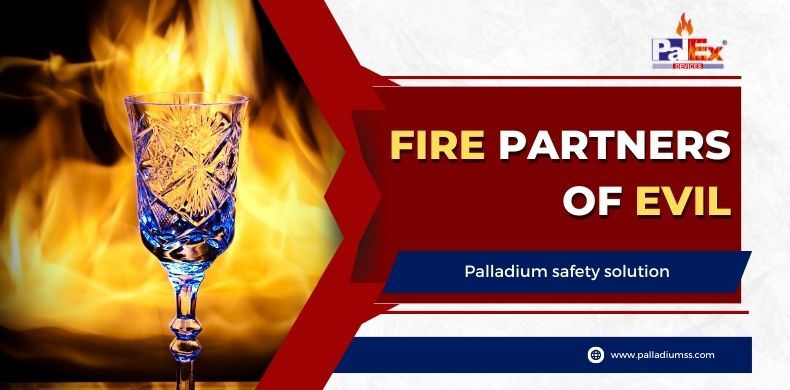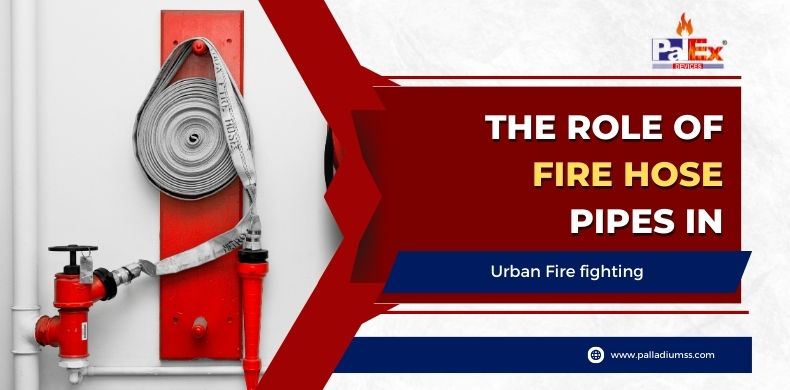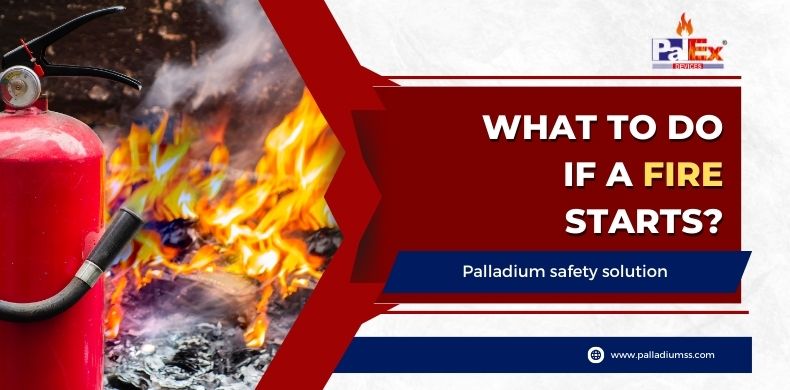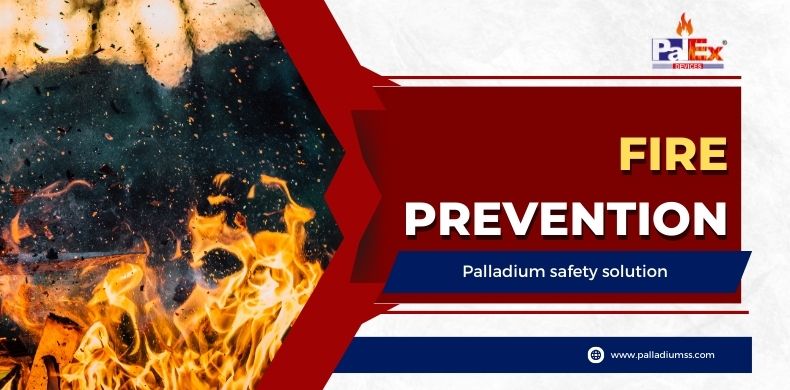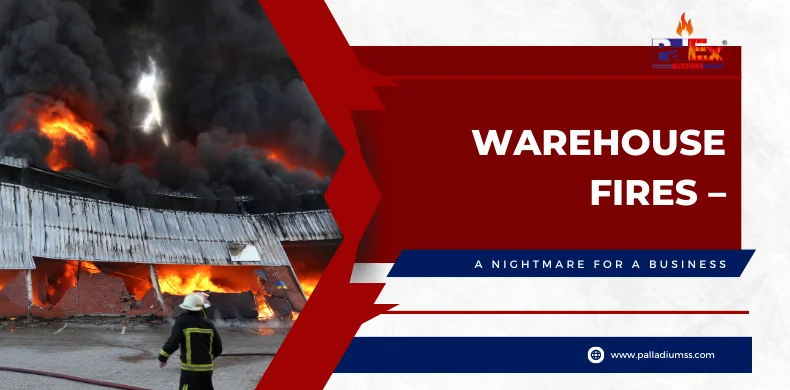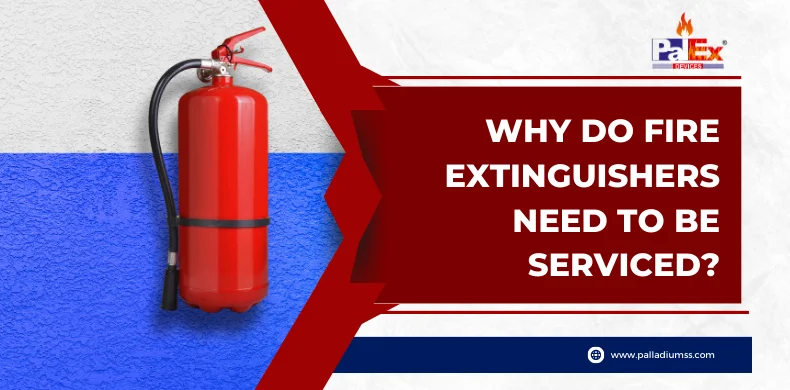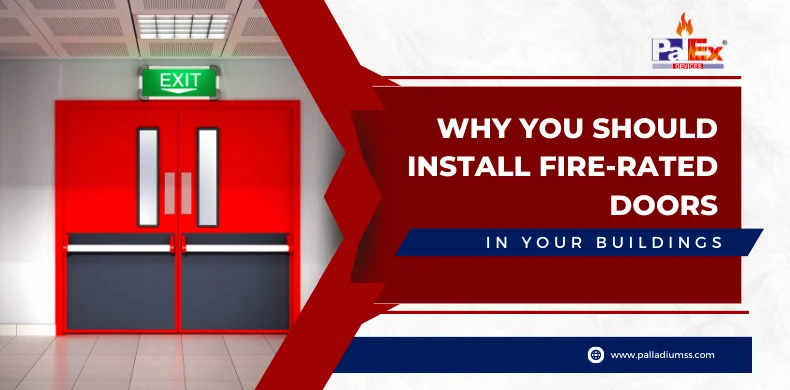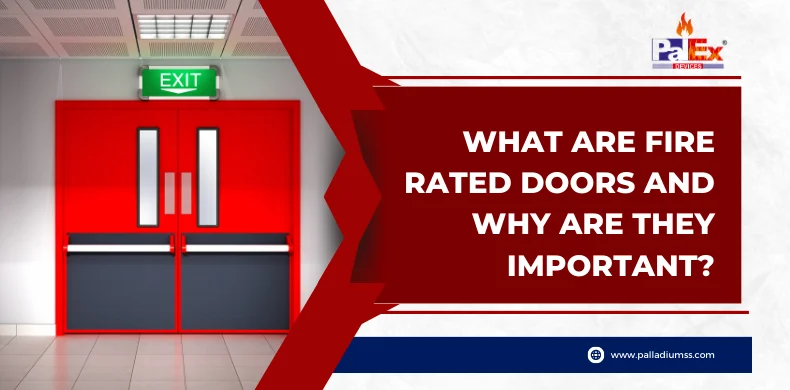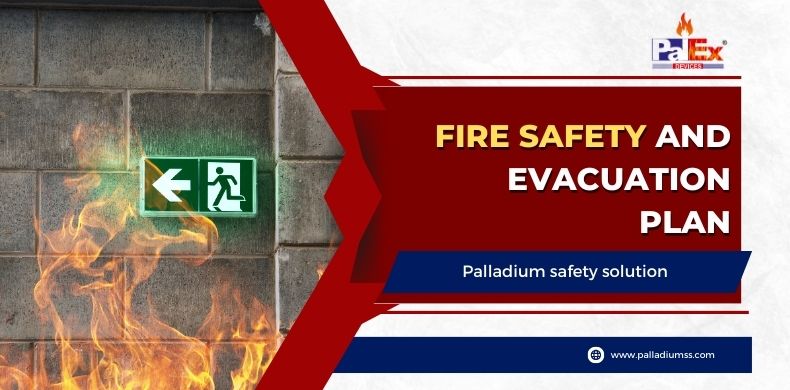- Not knowing How to Use the Fire Extinguisher: One of the most common mistakes people make is not knowing how to use the fire extinguisher. This is a serious mistake, as it can mean the difference between putting out a fire and making it worse. Make sure to familiarize yourself with the fire extinguisher before using it.
- Using the Wrong Type of Fire Extinguisher: Another common mistake is using the wrong type of fire extinguisher. There are different types of fire extinguishers for different types of fires. Make sure to check the label on the fire extinguisher to ensure that you are using the right type.
- Not Aiming the Fire Extinguisher Properly: Another common mistake is not aiming the fire extinguisher properly. When using a fire extinguisher, you need to aim the nozzle at the base of the fire. This will ensure that the extinguishing agent is delivered to the source of the fire.
- Not Using the Fire Extinguisher Properly: Another common mistake is not using the fire extinguisher properly. Make sure to follow the instructions on the fire extinguisher. This will ensure that you are using it correctly.
- Not Having the Fire Extinguisher in the Right Place: Another common mistake is not having the fire extinguisher in the right place. Make sure to keep the fire extinguisher in a location that is easily accessible in the event of a fire.
- Not Reading the Instructions: Even if you think you know how to use a fire extinguisher, it’s important to read the instructions before using it. The instructions will tell you the best way to use the fire extinguisher for the situation you’re in.
- Not Maintaining Fire Extinguishers: Just like any other piece of equipment, fire extinguishers need to be regularly maintained. Check the pressure gauge to make sure the fire extinguisher is fully charged. Inspect it for any damage, and make sure the nozzle is not obstructed.
- Using it too Late: One of the most common mistakes people make with fire extinguishers is waiting too long to use them. If you wait until the fire is out of control, it will be too late. If you see a fire, use your fire extinguisher right away.
- Using it When it’s not Needed: Even though fire extinguishers are designed to be user-friendly, people still make some common mistakes when using them. Sometimes people use fire extinguishers when it’s not necessary, such as when there’s a small fire that could easily be extinguished with water. If you’re not sure whether or not you should use a fire extinguisher, err on the side of caution and don’t use it.
- Forgetting to Recharge or Replace it: Another mistake people make is forgetting to recharge or replace their fire extinguishers. Just like any other piece of equipment, fire extinguishers need to be regularly maintained. If you use your fire extinguisher, make sure to recharge or replace it as soon as possible. By doing so, you’ll be prepared in the event of a future fire.
Also read :How Do I Know If My Fire Extinguisher Needs to Be Recharged?

